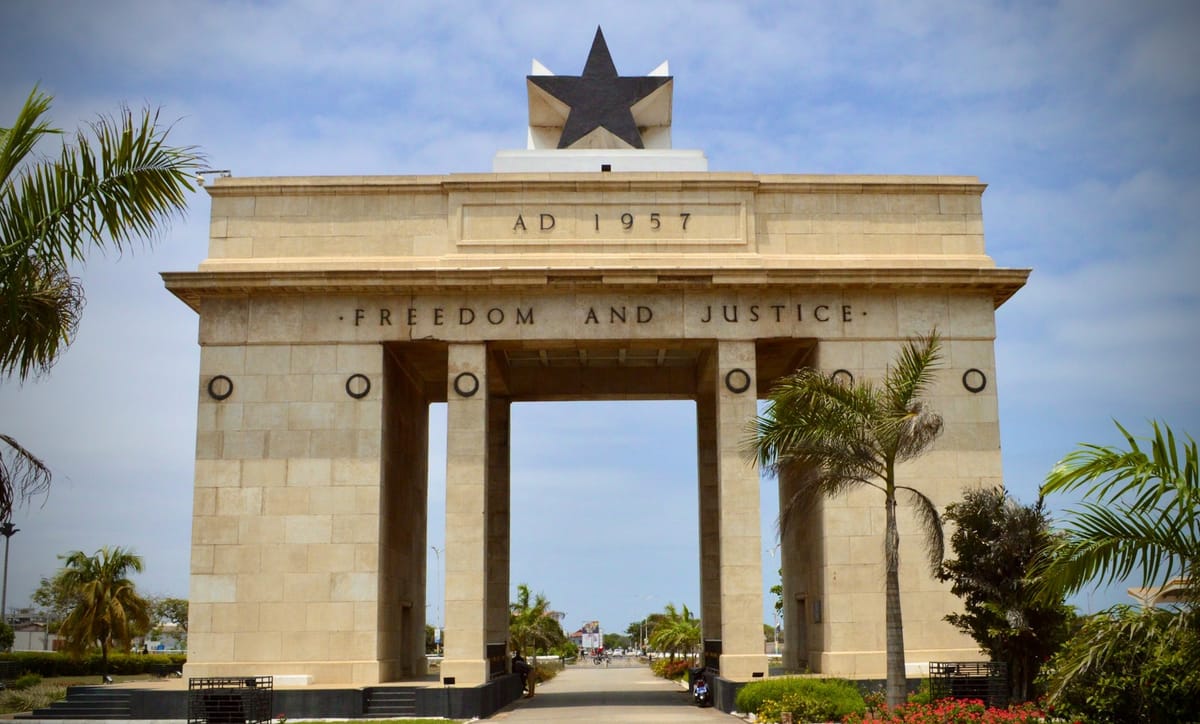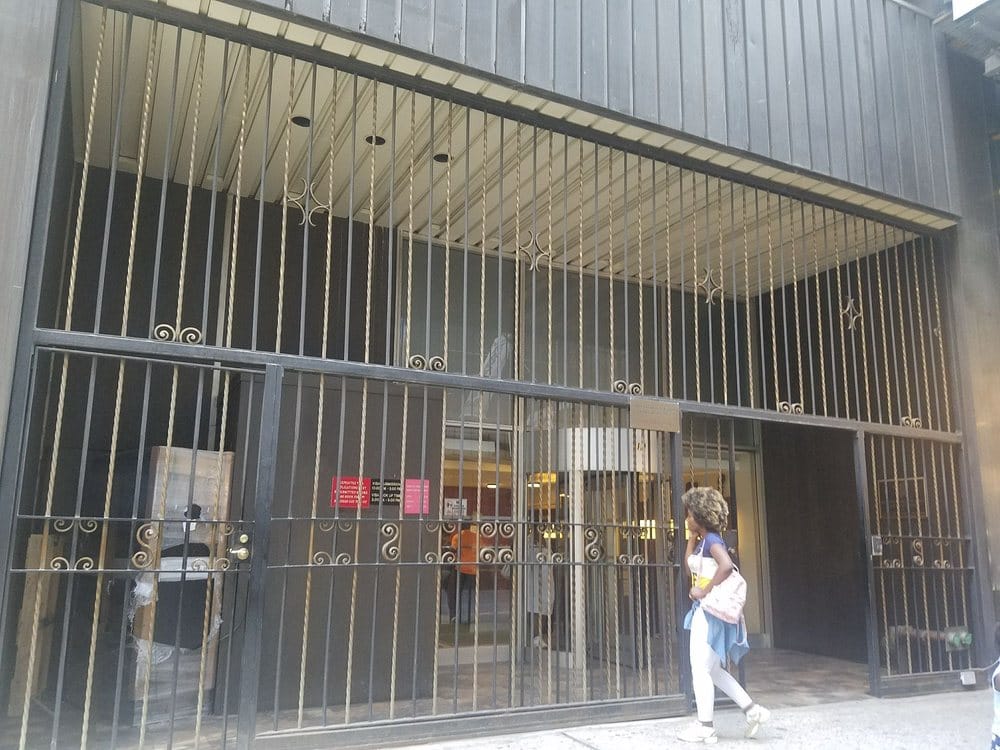Redefining the Ghana Consulate Experience: A Path to Pride and Progress

Accra, Ghana, has become one of the most sought-after travel destinations for descendants from the African diaspora and global citizens seeking authentic cultural immersion on the continent. From the vibrant Easter celebrations and mid-year vacations—known locally as "Holidays"—to the festive climax of “Detty December,” Ghana has evolved into a beacon of cultural pride, warm hospitality, and historical reconnection.
This surge in traveling to Ghana is not coincidental—it is the culmination of years of strategic marketing, cultural renaissance, government initiatives, and most importantly, the undeniable warmth of the Ghanaian people.
The Visa Process: A Test of Endurance for All, Especially Ghanaians
Unfortunately, the visa process itself is often a gruelling experience that leaves many applicants—especially Ghanaians and their families—feeling drained, overlooked, and disheartened. Whether it's renewing a passport, applying for a visa, or simply seeking clarity on required documentation, the journey through Ghana's consulates in the diaspora demands patience, persistence, and, quite frankly, emotional resilience.
For many Ghanaians living abroad, seeking service from their own consulate should feel like a homecoming. Instead, it often feels like a bureaucratic battle—long lines, unclear instructions, inconsistent responses, and websites that differ drastically depending on the location of the consulate. For example, the digital experience of the consulates in Washington, D.C., New York, London, and Sydney are not just varied in design—they're disjointed in navigation and inconsistent in functionality.
Customer Service: A National Image at Stake
While we recognize and empathize with the limited resources, underfunding, and overwhelming demand placed on consulate staff, poor customer service cannot and should not be normalized. The consulate is the first physical and psychological gateway for travelers entering Ghana. Whether you are a diasporan eager to explore your roots or a foreign visitor ready to embrace Ghana’s rhythm, your perception of the country begins with that first email, phone call, or visit to the consulate office.
This is not just a matter of convenience—it’s a matter of national branding. Ghana is competing with other nations for tourism, investment, and goodwill. When visitors are met with dismissiveness or disorganization, we lose more than time—we lose credibility. Ghanaians seeking basic services deserve dignity and clarity. Yet, many walk away feeling unwelcomed, often muttering, “If this is how we treat our own, how do we treat strangers?”
Reimagining the Consulate Experience: Interior Design Meets Identity

The physical appearance of both the New York and D.C. consulates is uninspiring at best, disheartening at worst. The exterior design of the New York consulate —dominated by bare metal fencing facades—sends the wrong message. For many, the consulate is their first physical interaction with Ghana. It should spark anticipation, not anxiety. It should feel inviting, not industrial. The interiors feel outdated, small, and detached from the vibrant culture Ghana is known for.
Where are the Adinkra symbols? The modern Kente-inspired motifs? The warm, open light tones that evoke the Ghanaian landscape?
Spaces matter. Design influences behavior, perception, and even the attitude of those who work and visit. Additionally, a clean environment immediately conveys hygiene, professionalism, and dignity. Leveraging professional services like Ecolab or similar commercial solutions can significantly elevate the sensory experience at consulates, leaving visitors not just impressed but comforted.
Functional modern decor isn’t a luxury—it’s a statement of pride in who we are and what Ghana represents. Aesthetic and sensory upgrades—from scent and lighting to layout and branding—should be prioritized alongside structural improvements.
A New Mandate for the Ministry of Foreign Affairs
This is a call to the Ministry of Foreign Affairs: Take a moment to reassess the consular experience. The service provided—or not provided—at Ghanaian consulates directly impacts the country's global image. While the work of consular staff is appreciated, there is room for better training, structure, and accountability.
One urgent area for improvement is the digital experience. The current system of disconnected consulate websites is inefficient and confusing. Ghana must centralize all consulate websites into a single, unified digital platform. This central portal should house consistent information and services related to:
- Passport applications and renewals
- Visa applications
- NIA (National Identification Authority) registration
- Dual citizenship and other documentation
- Appointment scheduling for in-person visits
- Biometric submissions
- Real-time service tracking and feedback
Users should be able to select their location-specific consulate for final processing, but the core experience must be standardized to ensure quality, reduce redundancy, and increase accessibility.
There is no shortage of skilled Ghanaians across the globe in fields such as customer experience, operations management, interior design, hospitality, and digital transformation. Let us tap into this enormous talent pool to reimagine what a Ghanaian consulate can and should be.
What has been your experience visiting your country's consulate or immigration office to apply for a passport or visa?
Your thoughts could help shape a better future for all of us seeking a more dignified and efficient experience, whether we’re going home or seeking to travel the world.
The Equatorial Gulf is an independent group of writers dedicated to insightful analysis and thought-provoking discussions on global and regional topics.
Comments ()